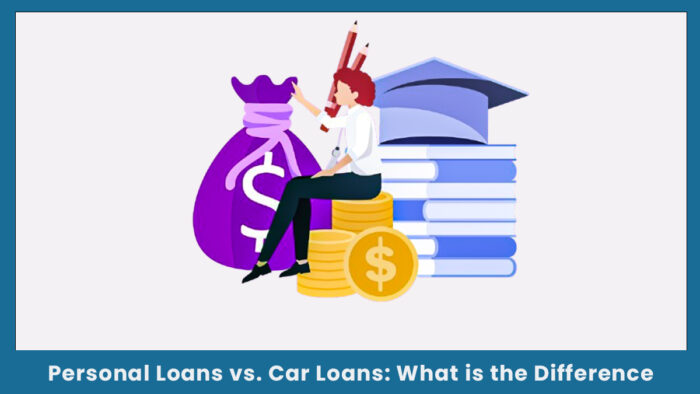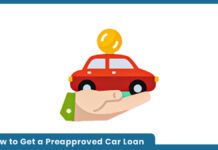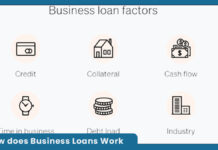Personal Loans vs. Car Loans: What is the Difference – Personal loans and car loans are two popular loan options for financing your big projects. But there is a notable difference between them. For instance, if you are buying a new car, a car loan will be the best option for you.

The main difference between a personal loan and a car loan is that a personal loan is usually unsecured, meaning it doesn’t require collateral. A car loan, on the other hand, is secured by the car, so the lender has less risk if you can’t repay. Because of this, car loans tend to have lower interest rates. On the other hand, personal loans can be used for various purposes, including buying a car, while car loans are specifically for purchasing vehicles.
Personal Loans
A personal loan provides you with a lump sum of money from a lender, like a bank, which you can use for a variety of purposes, such as paying for a wedding, home improvement, or even a vacation. The flexibility of personal loans makes them a popular choice for people who need funds for various needs. These loans are usually unsecured, which means they don’t require any collateral, so there’s less risk for you if you don’t own property or assets to pledge.
However, some personal loans can be secured by an asset, like your car or home. This means if you fail to repay the loan, the lender can take possession of the asset to recover the money.
Pros and Cons of Personal Loans
- Pros: No restrictions on how you spend the money, flexible payment options.
- Cons: Higher interest rates compared to car loans, stricter approval process, and harder to qualify for if you have poor credit.
How Interest Rates Work on Personal Loans
Unsecured personal loans usually come with higher interest rates compared to secured loans, since they don’t require any collateral. Because of this, lenders are more careful about who they approve. You’ll need a good credit score to get a lower rate. If your credit isn’t strong, it might be hard to qualify at all.
Your credit score plays a big role in how much you can borrow and what interest rate you’ll get. The higher your score, the better your chances of getting approved for a larger loan with a lower interest rate.
Personal Loan Terms
Personal loans have a fixed repayment period, like 12 months or 36 months. A longer loan term means lower monthly payments, but you’ll end up paying more interest over time. On the other hand, a shorter term means higher monthly payments but less interest because you’re paying off the loan quicker.
Car Loans
A car loan is a secured loan. It is secured by the vehicle you buy. If you miss payments, the lender can take the car back to recover their losses. Similar to a mortgage, the lender owns the car until you finish paying. Car loans are typically paid off with fixed monthly payments and come with different terms and interest rates.
Interest Rates
Since a car loan is backed by the car itself, it’s considered lower risk for the lender, which usually means a lower interest rate compared to a personal loan. The interest rate is often fixed, so you’ll know exactly how much your monthly payments will be.
Pros:
- Typically, lower interest rates than personal loans
- Easier to get with an average credit history
- Often available at car dealerships
- Fixed monthly payments for predictability
Cons:
- You don’t own the car until the loan is paid off
- You may need to make a down payment
- Car loans can only be used to buy a car
Car Loan Terms
Car loans are usually fixed for 36, 48, 60, or 72 months, though other terms are possible. The shorter the term, the higher your monthly payment, and vice versa. Even if you have average credit, you may still be able to get a car loan.
You can apply for a car loan through your bank, credit union, or the dealership. It’s a good idea to shop around to find the best deal before committing.
The Bottom Line
When buying a car, it’s important to shop around for the best loan options. Car loans, which use your car as collateral, typically offer the lowest interest rates. However, personal loans are also an option, and you should compare the rates to find the best deal for you.
Frequently Asked Questions
Can You Use a Personal Loan to Buy a Car?
Yes, if you qualify for a large enough personal loan, you can use it to buy a car. However, car loans generally have lower interest rates, making them a more cost-effective option.
Is it Better to get a Personal Loan to pay for a Car?
In most cases, a car loan is the better option because of the lower interest rates. However, if you can get a personal loan with a lower interest rate than a car loan, a personal loan might be a good alternative.
How Long Does It Take to Get a Personal Loan?
It typically takes 1 to 5 business days to get a personal loan. Some lenders even offer same-day funding if you apply online.



